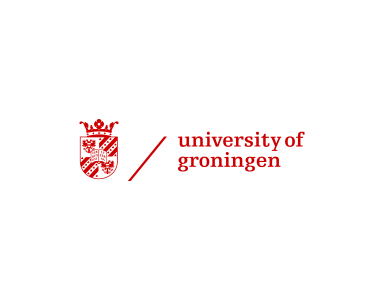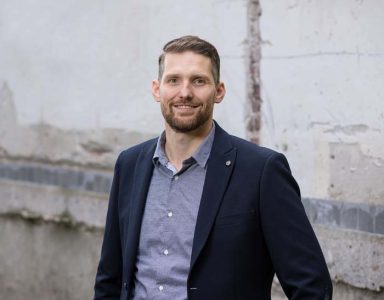Will Marie Curie stay the same in 2018?
Recently, the European Committee (EC) published informal working documents which form the basis for the creation of the Horizon 2020 2018-2020 Work programmes. These documents describe the overall objectives and direction of the new work programme and are based on an evaluation by an Advisory Group and an open public consultation.
Marie Skłodowska Curie (MSCA) programme
The most important changes and issues that need to be addressed in future applications are summarized below. Due the bottom-up approach and the scientific excellence-driven approach, the MSCA program is highly valued. The programme has therefore been very popular. This is also reflected in the number of submissions in the last call (deadline 10th of January 2017). Hezelburcht supported a number of applications for this specific call. Our involvement ranged from administrative coordination and review to writing the full proposal.
In total, 1,718 proposals were submitted of which:
- European Training Networks (ETN) 1,435 proposals
- European Industrial Doctorates (EID) 195 proposals
- European Joint Doctorates (EJD) 88 proposals
In general, the EC is satisfied with the results of the MSCA program. In the period 2018-2020 the program will continue to return annually. For these next years, a number of gaps have been identified that the EC wants to address, namely:
- Open Science
Describing the dissemination and communication strategy is an important part of a MSCA-proposal. The emphasis in the next couple of years will be on acquiring digitals skills. The EC stresses that these skills are important to allow for optimal research data management and data sharing with the rest of the research community. Secondly, young researchers should also develop the knowledge and the communication skills to use new digital (social) media, that will enable them to reach out efficiently to the general public. - Empowering researchers
The development of young researchers on a professional and personal level is the most important objective of the MSCA-program. The EC recommends that researchers should become more involved in teaching and thus need appropriate pedagogical and didactical training. A reasonable amount of time for teaching should be made more explicit in proposals. Researchers also need to possess funding management skills, which is an underexposed skill in a lot of proposals. Another remarkable comment is that part-time fellowships should be made possible, not only for family reasons but also for professional motives. This will allow researchers to work on their research project, while at the same time giving them the opportunity to become for instance an entrepreneur or obtain other relevant working experience. - Widening participation
The so-called EC-13 countries* are under-represented in the MSCA-program. There will be supporting measures introduced to stimulate applications of potential beneficiaries in these countries for this program. The exact nature of these measures are not published yet. - Equal opportunities and inclusion
Creating equivalent conditions and opportunities to participate in the MSCA-program is also an important objective. For researchers living with a disability, mobility is often far more difficult and more expensive for them due to special needs when travelling, finding a suitable residence, and working abroad. Therefore the EC is planning to introduce a distinct disability allowance for such researchers. - International mobility and cooperation.
The main proposed changes in this section can be found in the rules for Global Fellowships. Global Fellows should be allowed to first spend time at the European beneficiary before leaving for their year(s) outside Europe. The requirement for a significant return phase back in Europe would however be maintained. - Intersectoral mobility and research-business cooperation
Another important pillar of the MSCA-program is to promote and support mobility between the academic and the non-academic sector for training the new generation of researchers. The so-called secondments will continue to be an important aspect of the program. The rules for participation for the non-academic sector in ETN- and EJD-project will likely be simplified. It will be assessed if the participation of business as partner organisation is sufficient instead of a full beneficiary with all related liabilities. Also the 40% rule in the European Industrial Doctorates (EID) and the rules for secondments, which should reflect new ways of working and support the objectives of the program, will be evaluated and most likely adjusted. Finally, the MSCA Unit Costs will be revised for 2018. An update on this, we expect mid-October 2017, when the official 2018-2020 Work Program is published.
Based on the working documents we can conclude that the scope of the MSCA program does not change in the upcoming years. There are, however, a few subtle changes and issues the EC likes to address. It is important for a successful application to incorporate these new directions. We can offer customized support for all application possibilities within the MSCA program. If you have questions about the program, the calls or the application process, feel free to contact me.
* Greek-Cyprus, Estonia, Hungary, Latvia, Lithuania, Malta, Poland, Slovenia, Slovakia, Bulgaria, Romania and Croatia.



